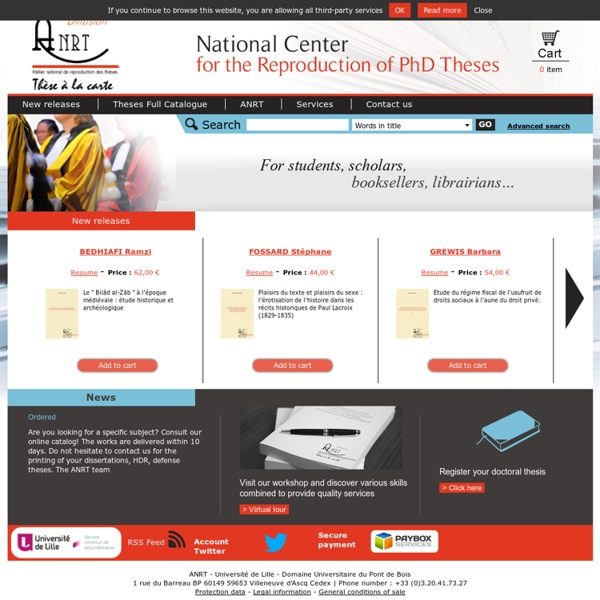Thèse de doctorat ANRT Lille - Atelier National de Reproduction des Thèses de doctorat - Thèse de doctorat en ligne - ANRT

Rhuthmos
Compulsive hoarding
Compulsive hoarding in an apartment. Compulsive hoarding (more accurately described as "hoarding disorder")[1] is a pattern of behavior that is characterized by the excessive acquisition of and inability or unwillingness to discard large quantities of objects that cover the living areas of the home and cause significant distress or impairment.[2] Compulsive hoarding behavior has been associated with health risks, impaired functioning, economic burden, and adverse effects on friends and family members.[3] When clinically significant enough to impair functioning, hoarding can prevent typical uses of space so as to limit activities such as cooking, cleaning, moving through the house, and sleeping. It can also be dangerous if it puts the individual or others at risk from fire, falling, poor sanitation, and other health concerns.[4] In 2008 a study was conducted to determine if there is a significant link between hoarding and interference in occupational and social functioning. Symptoms[edit]
Jeremy Rifkin hors les murs le 6 février 2012
L'invité Toute l'équipe des Rendez-vous du Futur est très heureuse d'avoir réalisé cette émission hors les murs. Nous étions dans un hôtel parisien en compagnie d'un des penseurs les plus impactants de notre temps. Un long entretien préparé par Nils Aziosmanoff et Salomé Kiner, traduit par l'équipe de Triple C (Amélie, Pauline et Sylvain) et sous-titré par la JD². Jeremy Rifkin est un économiste, essayiste, conseiller politique et activiste américain, spécialiste de prospective économique et scientifique. Influent sur les politiques publiques américaines et européennes, il l’est aussi sur l’opinion publique, avec notamment son livre « La Fin du travail » (End of Work), paru en 1995, qui en a fait l’un des acteurs centraux du débat sur l’influence de la technologie dans le futur du travail.
Thèses
Related:
Related:



